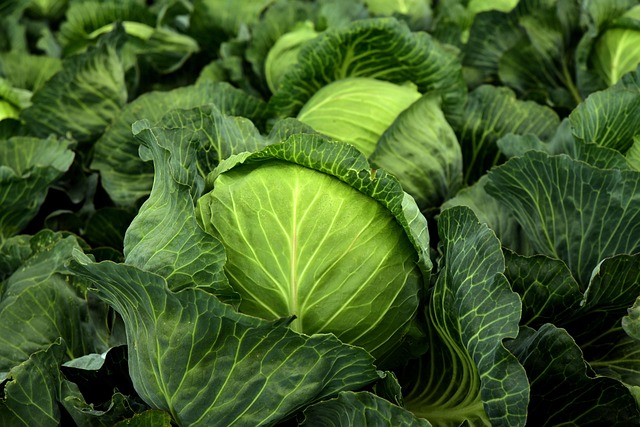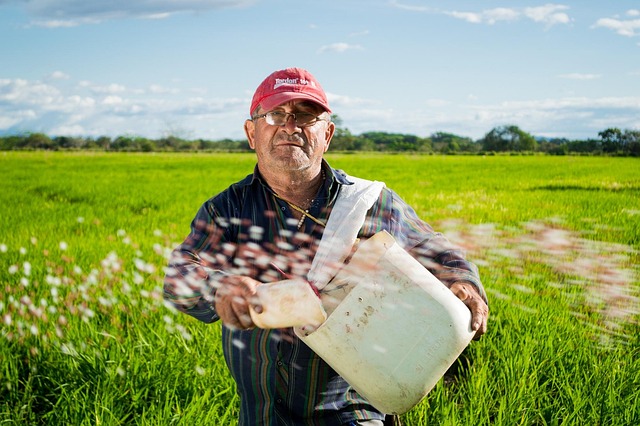As the world turns its gaze towards more eco-friendly practices, the importance of sustainable vegetable cultivation has never been more critical. Embracing the green garden harvest not only benefits the environment but also brings us closer to nature, allowing us to appreciate the fruits of our labor in a more meaningful way.
To embark on this journey of sustainable gardening, one must first consider soil health. The cornerstone of any thriving garden is rich, nutrient-dense soil. Organic composting is a fantastic way to feed your plants while reducing waste. By recycling kitchen scraps and yard waste, you create your own natural fertilizer that encourages healthy microbial activity in the soil. This leads to robust plant growth and an eco-friendly cycle of nourishment.
Furthermore, practice crop rotation to maintain soil fertility and control pests naturally. By alternating the types of vegetables you grow each season, you ensure that nutrients are replenished, and soil structure is preserved. This method also disrupts the lifecycle of pests and diseases, reducing the need for chemical interventions.
When selecting seeds, opt for heirloom varieties or crops that are well-suited to your local climate. Not only do these choices promote biodiversity, but they help strengthen local ecosystems and can often yield better results than hybrid varieties. Additionally, planting native plants alongside your vegetables can attract beneficial insects and pollinators, enhancing both biodiversity and crop yield.
Water conservation is another critical aspect of sustainable vegetable cultivation. Using techniques like drip irrigation or rainwater harvesting can significantly reduce water waste. Mulching is another simple yet effective method; it not only retains moisture in the soil but also suppresses weeds, giving your plants the best chance to thrive.
Finally, remember that patience is key in any eco-friendly gardening endeavor. Nature has its own rhythm, and by aligning our gardening practices with these natural cycles, we can cultivate a garden that is not only productive but also harmonious with its surroundings. In cultivating our green gardens sustainably, we nurture our environment while reaping the rewards of fresh, home-grown produce.
Engaging in sustainable vegetable cultivation allows us to reconnect with the earth and appreciate the incredible process of growing our food. Let’s make the green garden harvest a reflection of our commitment to protecting the natural world while enjoying the simple pleasure of gardening.




